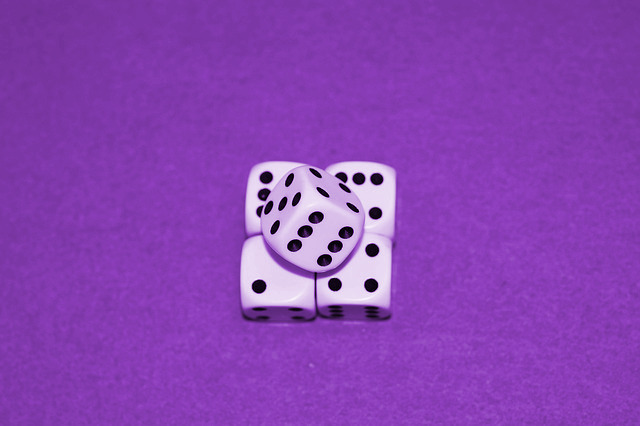Strategy Betting Techniques
An opponent who knows you never bluff is much less likely to play his hand incorrectly. Any time you bet, he will know you are betting for value. He will play only when he figures he has a better hand than yours or when he is getting sufficient pot odds to call with more cards to come.

Bluffing, then, or the possibility that you might be bluffing, is another way of keeping your opponents guessing. In first position with a big hand, you might try to check-raise. Your occasional bluffs disguise not just the hands with which you are in fact bluffing but also your legitimate hands, with which your opponents know you might be bluffing.
With this proviso, it must be repeated that from a theoretical point of view, bluffing is an extremely important aspect of poker. As a deceptive weapon, it is at least as important as slowplaying. Whereas slowplaying suggests weakness when you have strength, bluffing announces strength when you are weak. Recollect the Fundamental Theorem of Poker: Any time an opponent plays his hand incorrectly based on what you have, you have gained; and any time he plays his hand correctly based on what you have, you have lost.

